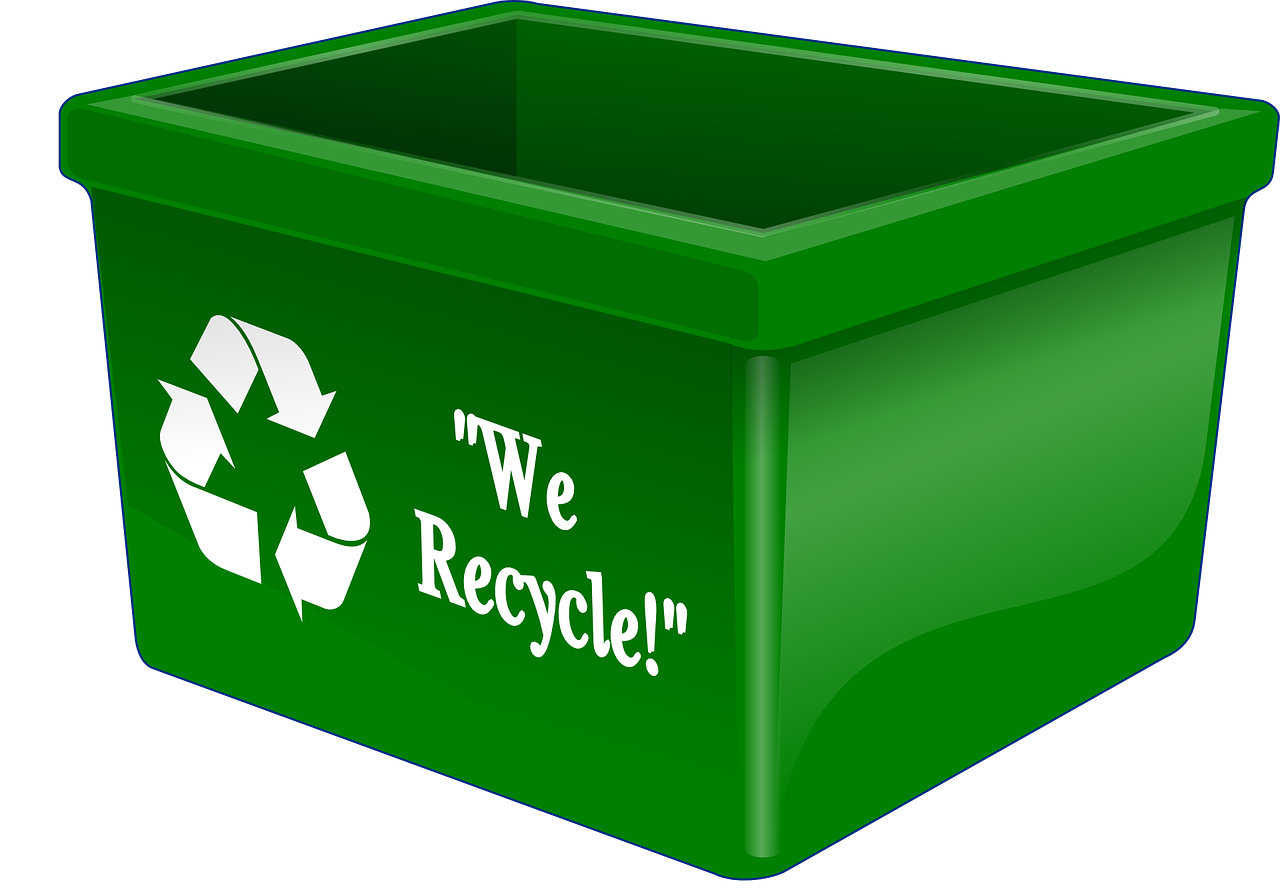How To Start Business Of An E-Waste Recycling
- What Is E-Waste ?
- Basic Reasons For Massive E-Waste generation in India
- How E-Waste can become an opportunity for businesses?
- How to start an E-waste Management Business in India?
4.1 Choose the appropriate E-waste you’d like to use in your business
What Is E- Waste?
Basic Reasons Of Massive E-Waste Generation in India
There are several reasons for the massive generation of e-waste in India. One of the primary reasons is the rapid growth in technology and the increasing availability of electronic devices at affordable prices. This has led to a culture of frequent upgrades and replacement of older devices, resulting in a significant increase in the volume of electronic waste generated.
Another reason for the high e-waste generation in India is the lack of proper e-waste management systems. There is a lack of awareness among the public about the hazards of improper e-waste disposal, and many people are unaware of the need to recycle or dispose of electronic devices in an environmentally responsible manner.
Additionally, there is a lack of effective regulation and enforcement of e-waste disposal practices, which has resulted in illegal dumping and improper disposal of e-waste. The informal sector, which engages in the recycling of e-waste, is often unregulated and uses methods that are hazardous to human health and the environment.
Overall, addressing the issue of e-waste in India requires a comprehensive approach that involves public awareness campaigns, stronger regulation and enforcement, and the development of a formal e-waste recycling industry that employs safe and sustainable practices.
How E-Waste Can Become an Opportunity For Businesses?
E-waste can present a significant opportunity for businesses to create value by developing sustainable and innovative solutions for the management of electronic waste. There are several ways in which businesses can take advantage of this opportunity:
-
Recycling and Refurbishing: Recycling and refurbishing of e-waste is an important way to reduce the environmental impact of electronic waste. Businesses can create new revenue streams by refurbishing electronic devices and selling them at a reduced cost. Alternatively, businesses can extract valuable materials from e-waste, such as precious metals, which can be sold for a profit.
-
Extended Producer Responsibility (EPR): Many countries have implemented EPR regulations that require producers of electronic devices to take responsibility for the end-of-life disposal of their products. Businesses can comply with EPR regulations by establishing take-back programs, which encourage customers to return their used electronic devices. These devices can then be recycled or refurbished, creating new business opportunities.
-
Development of Innovative Technologies: The development of innovative technologies to manage e-waste presents a significant opportunity for businesses. For example, there is a growing trend towards the use of artificial intelligence and machine learning to improve e-waste management. Businesses that develop new technologies to manage e-waste can create new revenue streams by licensing their technology or selling their products to other businesses.
-
Green Branding: Businesses can leverage their e-waste management practices as a means of building their brand and reputation. By implementing sustainable and responsible e-waste management practices, businesses can demonstrate their commitment to environmental sustainability, which can enhance their brand value and appeal to environmentally-conscious consumers.
In summary, e-waste presents a significant opportunity for businesses to create value through recycling and refurbishing, compliance with EPR regulations, development of innovative technologies, and green branding. By taking a proactive approach to e-waste management, businesses can create new revenue streams, reduce their environmental impact, and enhance their brand value.
How To Start An E-Waste Management Business In India?
- Construction waste
- Industrial Waste
- Agricultural waste
- Medical waste etc..
After you identify the various types of waste, you must conduct a deep research to reduce it to a specific amount to the cost and amount.
To conduct a good market research on e-waste recycling business, consider the following steps:
-
Identify the target market: Research the demographic of the area and determine the target audience, such as individual consumers, businesses, or government agencies.
-
Evaluate the competition: Research and analyze the competition in the area, their pricing, and their marketing strategies.
-
Understand the regulatory environment: Research the regulations for e-waste recycling in the area and ensure that the business meets all the necessary requirements.
-
Analyze the demand: Research the potential demand for e-waste recycling services in the area and consider factors such as population, income levels, and attitudes towards sustainability.
-
Consider marketing and advertising: Research effective marketing and advertising strategies for e-waste recycling, such as social media advertising, flyers, and community events.
-
Determine the necessary equipment and staff: Research the equipment and staffing requirements for e-waste recycling, and consider the cost and availability of the necessary resources.
-
Estimate the costs and revenue: Research the cost of running an e-waste recycling business and estimate the potential revenue. Consider the pricing strategies and break-even analysis to determine profitability.
By following these steps, you can gain a better understanding of the e-waste recycling market, potential customers, competition, and regulatory requirements. This can help you make informed decisions about starting an e-waste recycling business.
3. Make A Business Plan
To create a business plan for an e-waste recycling business, follow these key steps:
-
Executive Summary: Write a summary of your business, including your mission statement, objectives, and keys to success.
-
Company Description: Provide an overview of your company, including your business model, products and services, and competitive advantages.
-
Market Analysis: Analyze the e-waste recycling industry, including market size, growth trends, and competition.
-
Service or Product Line: Describe your services or products, including details about the e-waste you will accept, recycling processes, and downstream markets.
-
Sales and Marketing: Outline your sales and marketing strategy, including target customers, advertising and promotion, and pricing strategy.
-
Operations and Management: Detail your operating procedures and organizational structure, including staffing requirements, equipment needs, and key partnerships.
-
Financial Projections: Develop financial projections, including startup costs, revenue, and expenses. Also, include break-even analysis and cash flow projections.
-
Appendix: Include additional documents such as resumes, permits, licenses, and any other relevant information.
By creating a comprehensive business plan, you can identify potential challenges and opportunities, set realistic goals, and secure financing or investment for your e-waste recycling business.
Types Of E-Waste Management Business
Register Your Company
If You Are Opting A Proprietary Business
- Applicant Details along with the address proof.
- GST Certificate
- Rent Agreement of the premise or NOC
- Trade License
- Plan Layout
If You Are Opting A Company
- Certificate of Incorporation
- Corporate PAN Card, TIN numbers, GSTIN etc..
- MOA and AOA
- Authorized Signatory
E-Waste Management Business- License and Permissions
The licenses and permissions required for e-waste management may vary depending on the location and scope of the business. However, some common licenses and permits required for e-waste management include:
-
Business license: Required for any type of business operation.
-
Waste management license: Required for businesses involved in the collection, transportation, storage, and disposal of hazardous waste, including e-waste.
-
Environmental permits: Required for businesses that generate or manage hazardous waste and may vary depending on the specific types of waste and location.
-
State or federal certifications: Some states or the federal government may require certifications or registrations for e-waste management businesses.
It is important to research and understand the specific licenses and permissions required for e-waste management in your location to ensure compliance with all relevant regulations
















